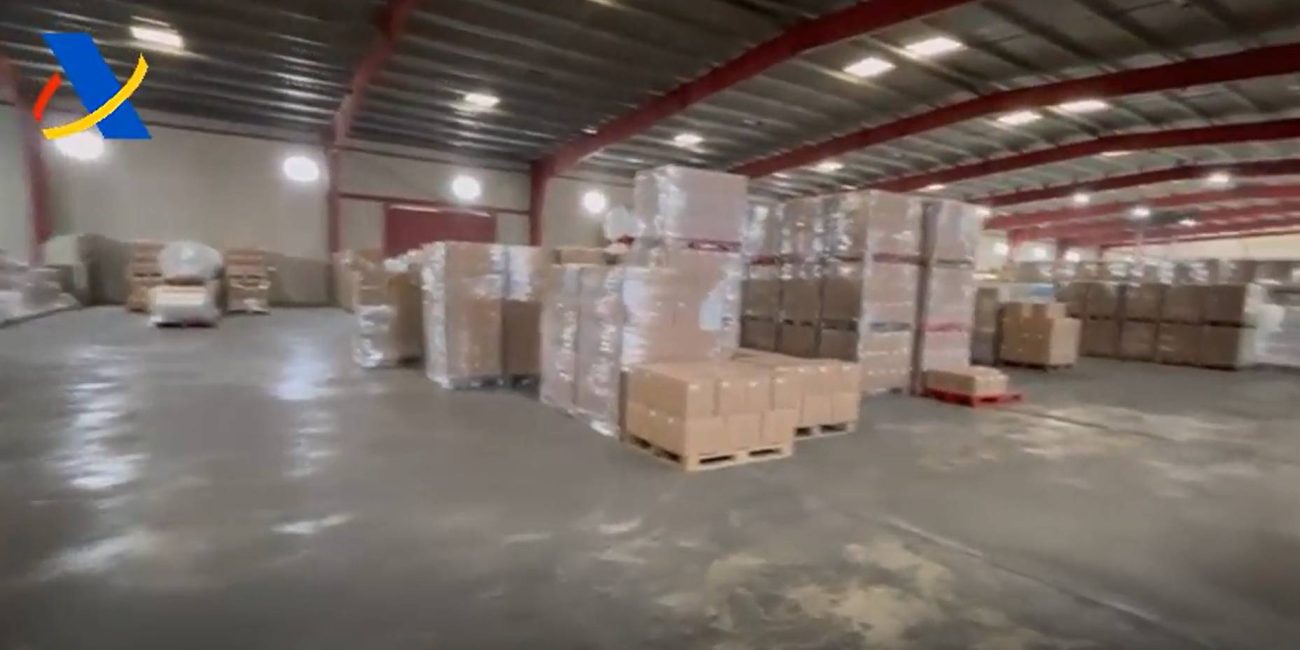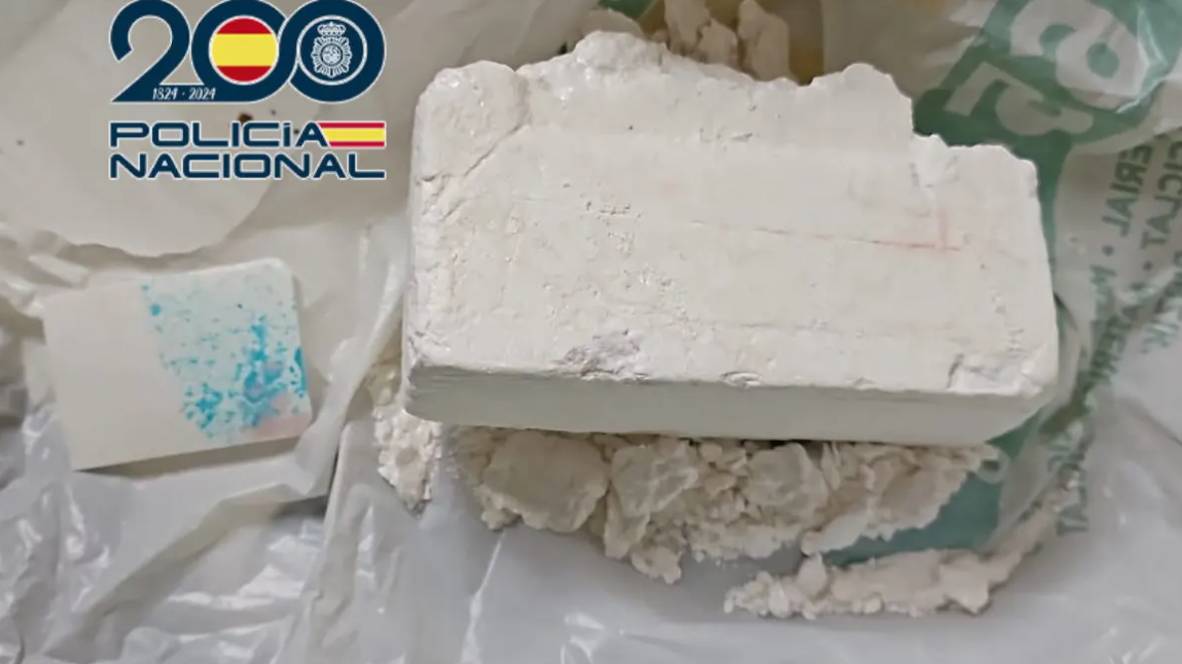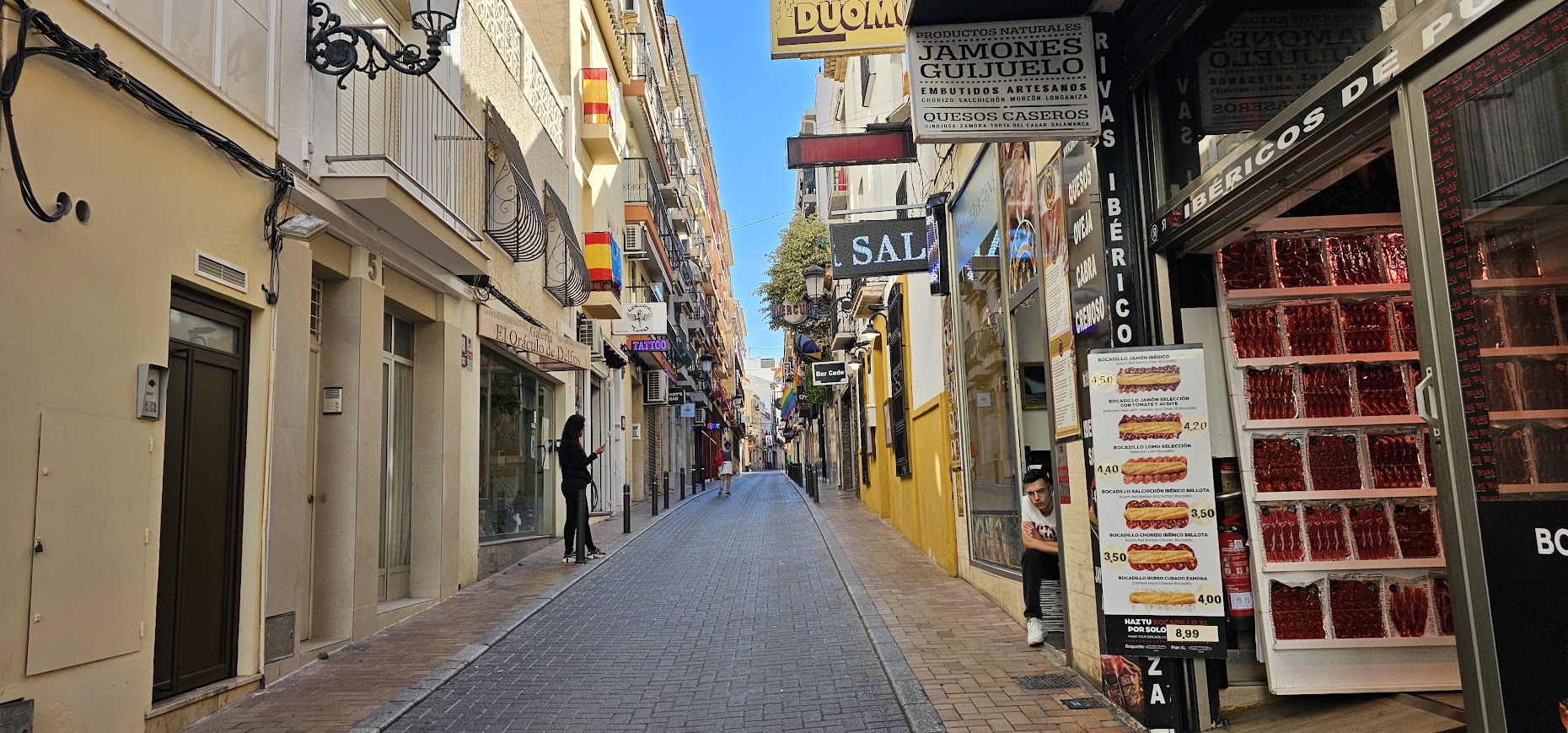Yesterday, Wednesday 12th March, the Tax Agency began a concerted effort to combat a network of tax fraud in the packaging industry in nine autonomous communities, including Valencia.
The operation, called “Empaque,” entails the beginning of inspections of 15 related individuals (directors, partners, and their families) as well as 37 businesses. This Wednesday, over 195 Tax Agency representatives travelled to 43 locations in the Valencian Community (10), Madrid (2), Murcia (3), Catalonia (2), Extremadura (2), Andalusia (9), Asturias (1), Castilla-La Mancha (12), and Castilla y León (2).
Six of the Valencian Community’s 10 inspections have taken place in the Alicante province. as well as four more in Valencia, Tax Agency sources said.
Over 155 officials from the Inspection Area, including staff from the Computer Audit Units, and over 40 officials from the Customs Surveillance Service participated in Operation “Packing,” which was organised by the Tax Agency’s Inspection Department.
The inquiry started with an examination of a business in the industry, a distributor of plastic materials and packaging, for which a tax complaint submitted to the Tax Agency was especially helpful.
Unreported sales and purchases
In the course of this audit, the Inspection Department found unreported sales and purchases within a group of package manufacturing companies that provided the distributor with supplies, in addition to tax problems at the inspected company itself.
As these investigations progressed, a network of fraudulent sales transactions involving numerous organisations nationwide was discovered. It also appears that these companies employed “dual-use software” to hide their material acquisitions and sales.
The Tax Agency started this operation as a result of all these earlier steps, concentrating on the companies in the network and perhaps expanding its activities based on the results of the current audits. A study of the partners in the group of businesses chosen as the operation’s target has also been done on those who might exhibit outward displays of riches that are not consistent with their stated business endeavours. This might be the result of the entity’s covert sales that were showing up as growth in the partners’ assets.
The production of containers and plastic materials is the main driver of Spain’s packaging industry, which includes a wide range of subsectors. This industry has grown significantly, and in recent years, its turnover has hit a record level.
According to the Tax Agency, identifying fraud schemes not only results in the proper tax adjustments but also enables the fight against unfair competition from a small number of businesses in a sector with over 3,400 businesses.
The Agency can obtain information that is essential for carrying out its inspection work through these kinds of coordinated actions that are carried out at certain places (documents and accounting or auxiliary information, both on paper and in computerised information processing systems).
The Tax Agency’s control plan guidelines also stress how prudent it is to take control actions against taxpayers who report unusual or irregular changes in their inventory levels that deviate from their reported activity and suggest the possibility of hidden sales. Based on this preliminary evidence collection, the inspections that have already begun and will continue in the upcoming months will enable the study of the paperwork gathered with the goal of regularising all non-compliances found.
As of Operation “Empaque,” the Agency has carried out 25 sector-specific macro-operations that are coordinated in less than ten years. Along with making it easier to identify and regularise tax fraud, these measures also serve to discourage the organisations engaging in these acts, which have a negative effect on public coffers and significantly skew competitiveness in the targeted industry.








No Comment! Be the first one.